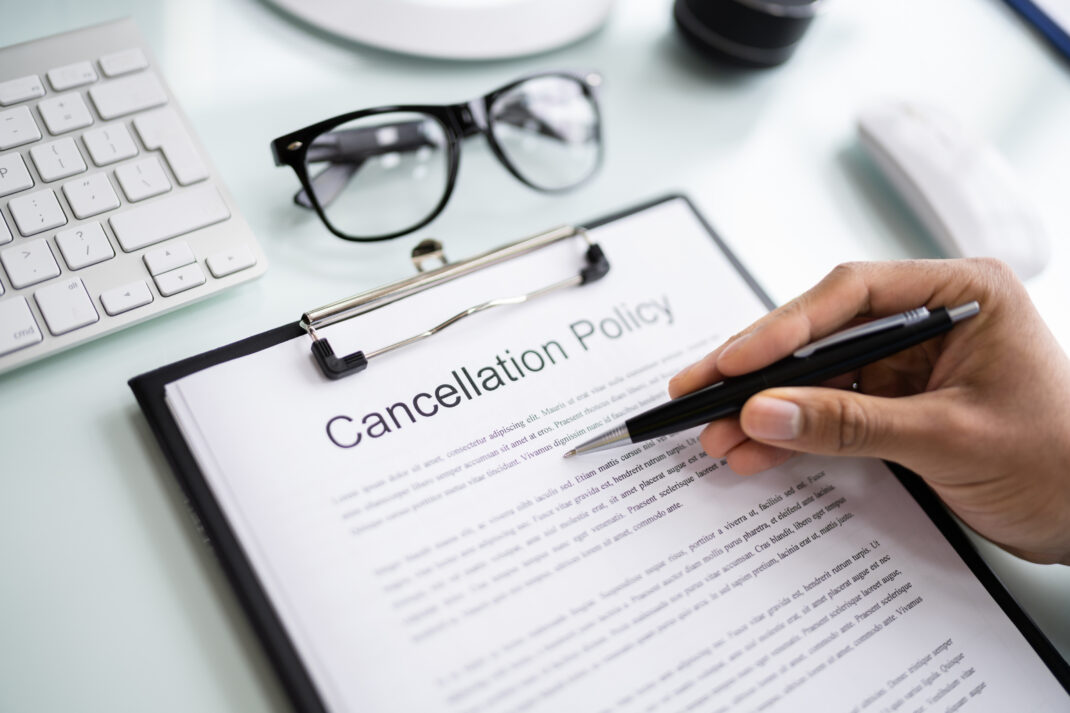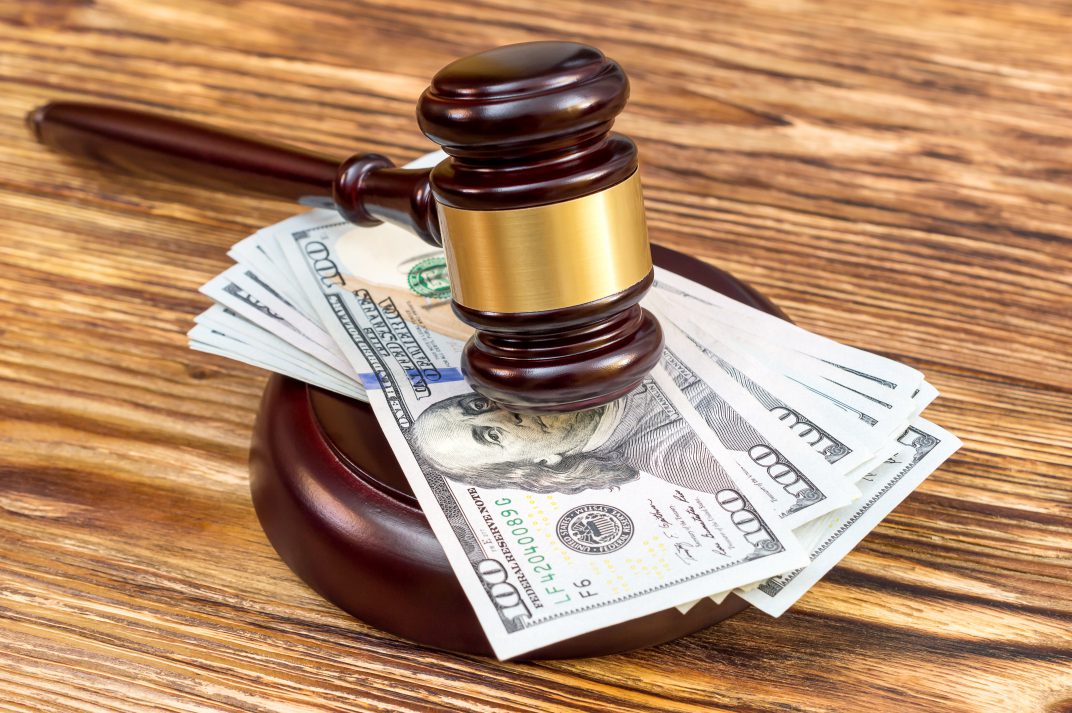
Compliance Guide – 24-Hour Cancellation Requirements
Under a new state law, Senate Bill 644 (Glazer, D), on and after July 1, 2024, all hotel reservations will be required to offer free cancellations for 24-hours after the booking confirmation is sent, subject to some conditions. Specifically, the measure only applies to bookings made at least 72-hours in advance of the stay. Further, the measure does not apply to negotiated rates that are not advertised or otherwise made available for booking by the general public, nor does it apply to reservations where the specific hotel is not disclosed to the consumer until after the booking is confirmed.
LIMITATIONS AND IMPLEMENTATION EXAMPLES
Does Apply to:
- This law only applies to bookings made at least 72 hours or more before the check-in time.
If a hotel offers check-in after 4pm, a reservation made and confirmed at 3pm on August 1st for a stay on August 5th would be able to cancel their reservation with a full refund until 3pm on August 2nd. However, if the guest booked and received a confirmation for the same reservation at 5pm on August 1st, the reservation would
not be governed by this law.
Does Not Apply To:
- Reservations made for a negotiated rate that was not advertised, or otherwise made available, for booking by the general public.
If a hotel negotiates a special rate with a meeting planner for an event, that rate is not subject to this measure. Additionally, if the hotel negotiates a special rate contract with a corporation permitting corporate employees to stay at the hotel for a special rate, that booking is also not subject to this measure. - Reservations for a hotel accommodation that is confirmed before July 1, 2024.
If a guest books a room on June 30th for a stay on July 7th, the cancellation policy will be dictated by the time of delivery for the confirmation email. If the confirmation email was delivered on June 30th, then this measure would not apply to the reservation. If the confirmation email is delivered on July 1, then the law applies to the reservation. - Reservations where the specific hotel is not disclosed to the consumer until after the booking is confirmed.
Your hotel participates in a program whereby guests book a trip to your local city for a set price. As part of the program, the guest is notified before booking that they may be placed in one of several participating hotels, and will be informed of which hotel after booking. In the event a guest books through this program, their reservation will not be subject to this measure.
CHLA Partners

Compliance Guide – California Fee Transparency Laws
This year, the California Legislature passed two measures designed to increase the transparency of displayed prices. The first measure, Senate Bill 478 (Dodd, 2023) regulates the display of all prices and, generally, mandates inclusion of all fees in the advertised price, excluding government assessed taxes and fees. The second measure, Assembly Bill 537 (Berman, 2023), requires hotels to advertise the total price to be paid to stay at a hotel or other lodging accommodation, excluding government taxes and fees. These measures apply to both hotels and short-term rentals and will create a clearer price comparison for consumers choosing between short-term rentals and traditional lodging establishments.
Please complete the form below to access CHLA’s California Fee Transparency Laws Compliance Guide & Resources.
CHLA Partners

Energy Efficiency Resources
The California Hotel & Lodging Association (CHLA) stands behind energy efficiency as a vital business strategy for the lodging industry. Within the last 10 years, CHLA has secured over $6.4 million in grants and funds for the lodging industry for utilization in energy efficiency & conservation efforts. These efforts have earned CHLA Flex Your Power awards in 2002 and 2003 for its efforts to promote energy efficiency and educate association members about the benefits and savings associated with energy efficiency. INTERESTED IN WATER? CLICK HERE TO VIEW CHLA’S WATER RESOURCES!Did you know?
- The hospitality industry spends $3.7 billion a year on energy.
- Electricity use accounts for 60-70% of the utility costs of a typical hotel.
- Energy-efficient lighting can reduce electricity use up to 75%.
- Typical hotels use 218 gallons of water per day per occupied room.
- Water-efficient fixtures can reduce water and sewer bills by up to 30%.



















